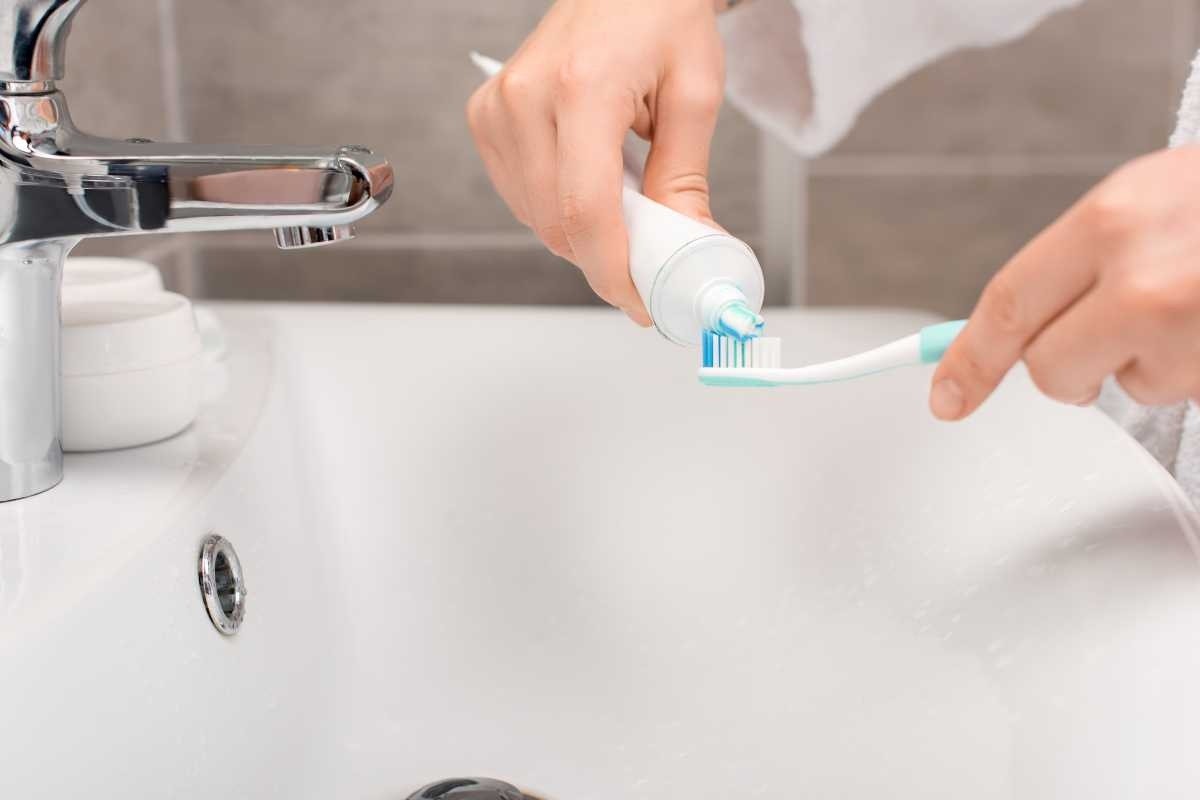Essential for oral hygiene, today the most purchased toothpastes are those without fluoride. Here is the reason for this unusual new habit
The importance of toothpaste for oral hygiene cannot be underestimated. For a healthy mouth, in fact, you should brush your teeth at least three times a day, then floss your teeth and carry out a cleaning session at the dentist at least once every six months. But lately, more and more people are buying fluoride-free toothpastes: the reason is this.
They exist commercially many different types of toothpaste. From those for children, with sweeter tastes, to the traditional ones with mint, passing through the 100% natural ones, which are very popular today. Recently, however, fluoride-free toothpastes have become the favorite of many consumers: the magazine 60 million consumers wanted to understand why and, above all, the potential risks and benefits.
Fluoride-free toothpastes: here’s what you risk
As claimed by the French magazine, teeth should be brushed at least twice a day for a duration of three or four minutes consecutive. In France, on the other hand, the estimate of time dedicated to teeth is much lower: we are talking about 43 seconds of brushing. If all citizens who choose fluoride-free toothpastes respected the indications and brushed their teeth according to this strict disciplinethen their oral hygiene routine may be sufficient but, as dental surgeon Christophe Lequart argues, “without fluoride it’s a loss of opportunities in caries prevention“.
This chemical element is present in the ingredient lists of toothpastes such as flower and its function is adequately documented by scientific studies, which confirm its ability to prevention of proliferation of dental plaque bacteria. “It also strengthens tooth enamel, making it less susceptible to acid attacks that occur after food intake”continues the dental surgeon.
In 2003, a meta-analysis of seventy clinical cases showed that those who regularly use fluoride toothpaste have a 24% reduction in caries: these are, according to the WHO, clear evidence of its central role in oral hygiene. On the other hand, however, many people are reducing their consumption since it seems that alongside the beneficial effects it has harmful effects on health human, if taken in an excessive and prolonged way. In particular, one must be careful not to ingest it and for this reason the need for caution has been underlined for the under 12s: if it is ingested frequently, it can also cause permanent stains.
